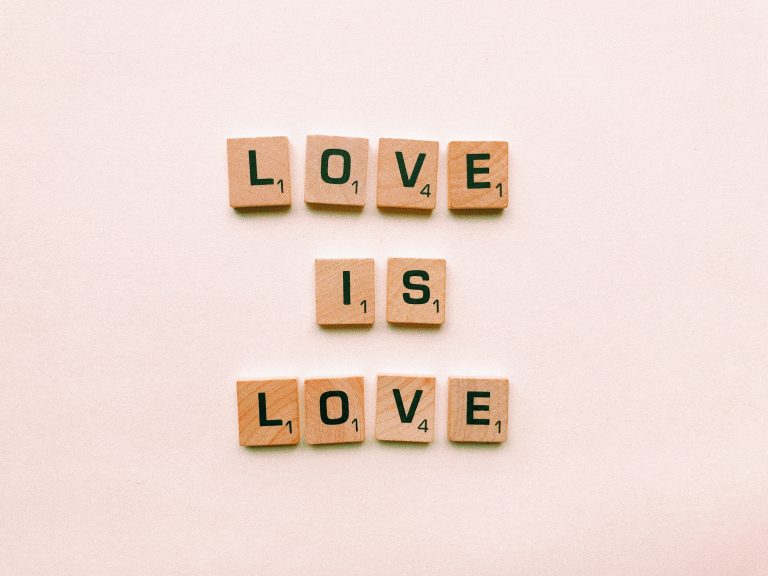One way the exchange of matter and energy happens is through breathing. With each breath, we exchange carbon dioxide molecules from inside our bodies for oxygen molecules from the surrounding air. Waste disposal with each out-breath, renewal with each in-breath. If this process is interrupted for more than a few minutes, the brain becomes starved for oxygen and undergoes irreversible damage.
The breath has a very important partner in its work, namely the heart. Think of it: This amazing muscle never stops pumping during our entire lifetime. It begins beating in us long before we are born and it just keeps on beating, day in and day out, year in and year out without a pause, without a rest for our entire life. And it can be even kept alive by artificial means for some time after we are dead.
As with the breath, the heartbeat is a fundamental life rhythm. The heart pumps the oxygen-rich blood from the lungs via the arteries and their smaller capillaries to all the cells of the body, supplying hem with the oxygen they need to function. As the red blood cells give up their oxygen, they load up with the carbon dioxide that is the major waste product of all living tissue. The carbon dioxide is then transported back to the heart through the veins and from there pumped to the lungs, where it is discharged into the atmosphere on the out-breath. This is followed by another in-breath, which again oxygenates the haemoglobin carrier molecules that will be pumped throughout the body with the next contraction of the heart. This is literally the pulse of life in us (no breath, no fire, no fire, no life), the rhythm of the primordial see internalised, the ebb and flow of matter and energy in our bodies.
From the moment we are born to the moment we die, we breathe. The rhythm of our breathing varies considerably as a function of our activities and our feelings. The breath quickens with the physical exertion or emotional upset and the breath slows down during sleep or periods of relaxation. As an experiment you might try to be aware of your breathing when you are excited, angry, surprised, and relaxed and notice how the breathing changes. Sometimes our breathing is very regular. At other times it is irregular, even laboured.
Usually, we take the breath completely for granted. We don’t pay attention to our breathing unless something happens to prevent us from breathing normally. That is unless we start to meditate.

Psychologist and neuroscientist Professor Ian Robertson says, “Our breath affects almost every organ in our body. Because of its effects on the part of the brain called Locus-coeruleus which is deep in the middle of the brain. Locus-coeruleus is the only source of chemical messenger in the brain called nor-adrenaline. Nor-adrenaline is the brain’s equivalent of adrenaline for the body, so it’s a general preparation for action arousal neuro-transmitter. So the way we breathe affects the carbon-dioxide levels in the blood and Locus-coeruleus responds its firing response very precisely to how much carbon dioxide is in the blood at any particular moment. So how we breathe affects this critical part of the fight or flight network but also so-called rest and digest system as well. And these affects almost every single organ in the body including the brain.”
Email your comments to: saeed@yogawithsaeed.co.uk


